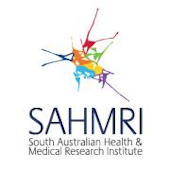From the beginning of my PhD, my research interests have been mainly focused on delineating the cellular signalling pathways involving the mechanistic target of rapamycin (mTOR) complexes (mTORCs), which are multisubunit protein kinases. By regulating the protein synthesis machinery, mTORC1 serve as master controllers of cell growth, proliferation, survival and migration. After joining Professor Proud’s lab in Southampton, my work focused on two protein kinases highly related to the mTORC1 signalling pathways, especially the role of eukaryotic elongation factor 2 kinase (eEF2K) and the mitogen-activated protein kinases (MAPK)-interacting kinases (MNKs) in regulating protein synthesis. Stemming from those studies, my research interest has now evolved towards studying the role of MNKs in the propagation of tumour cells. Deregulation of the MAPKs and the MNKs signalling has been closely implicated in tumorigenesis and development. Genes implicated in the MAPK pathway (i.e. Ras, B-Raf and MEK) are well known to be oncogenic whose mutations have been commonly found in cancer patients and contribute to cancer progression. Indeed, inhibitors to the MAPK pathway have attracted a very high level of interest in academia and the pharmaceutical industry during the last decades.
Experience
-
–presentPostdoctoral Scientist, South Australian Health & Medical Research Institute
- Adelaide, Australia
- Website
- Article Feed
- ORCID
- Joined


